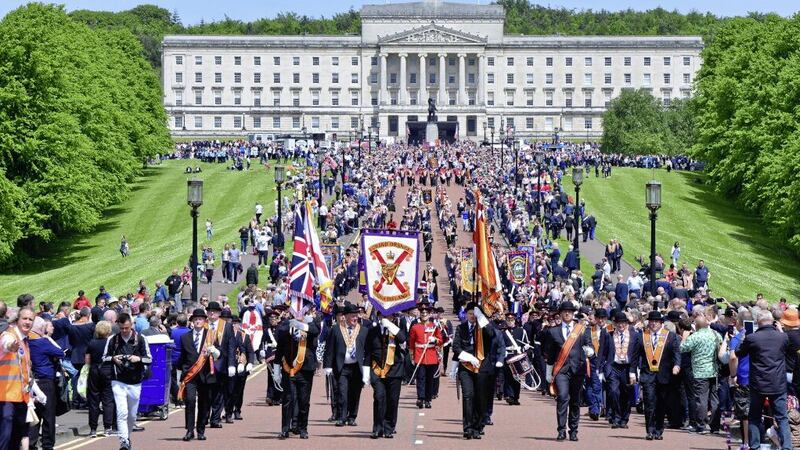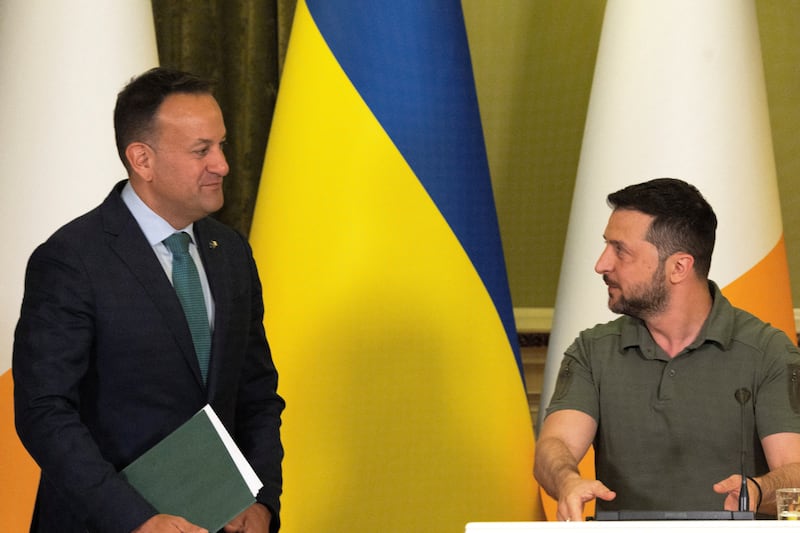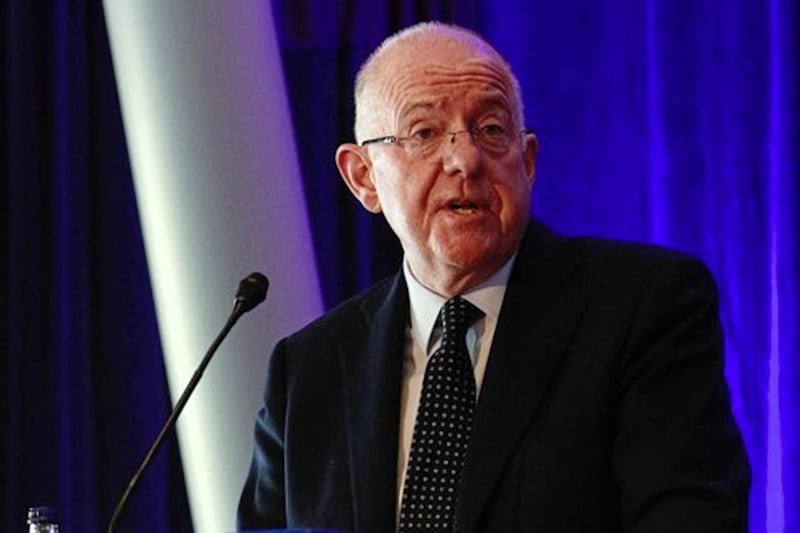The outcome of the referendum on EU membership presents significant challenges for the people of this island. It was not the result that my government had hoped and advocated for but now our attention must turn to dealing with the consequences which flow from this seismic decision.
There remains a huge degree of uncertainty, not least because of the fluidity of the political situation at Westminster, and it appears that it will be autumn before there is any clear sense of how quickly a new British government will move to begin the negotiation process with the EU 27.
I know there is a great deal of anxiety about what will happen next and how it will affect people living and working here in Northern Ireland and in the border region. The unique circumstances of Northern Ireland both geographically and politically, as well as the fact that the majority of people here voted to remain, all add to the complexity of the picture.
No-one has definite answers, or even all of the questions, at this early stage of what will be a long process but I am writing today to assure you of one certainty. The Irish government, as co-guarantor of the Good Friday Agreement and as part of the EU 27, will do everything in its power within any negotiation to protect the gains of the peace process on this island and to ensure that the free flow of people, trade and ideas between North and South is preserved.
The Irish government has been examining the implications of either outcome of the referendum for some time now and a huge amount of analysis has been undertaken. In the immediate aftermath of the result, the Taoiseach and I discussed the distinctive situation of Northern Ireland with our European counterparts – a process which continues. We have made clear that this is not just an Irish or a British priority but one which is in the interests of all of our partners in the European Union, who have over decades collectively contributed so significantly to building an increasingly stable, reconciled and prosperous Northern Ireland.
That transformed Northern Ireland is of course built on the foundation of the Good Friday Agreement, the institutions and principles of which remain in place today and will remain, irrespective of the status of the UK within the EU. The co-guarantors of that UN-registered Agreement, the Irish and British governments, have made explicit their continued commitment to it in the aftermath of the referendum.
It is our intention to use all of the mechanisms created by that Agreement in dealing with the challenges ahead. Underpinning these are the positive relationships which have been built at both political and official level in the 18 years of working together on both a North-South and East-West basis. Early engagement between senior British and Irish officials has already taken place focussed on the Common Travel Area and I know there are plans to hold an early British Irish Council meeting, in light of the referendum result.
Cooperation between the government and the Northern Ireland executive will be hugely important and I warmly welcome the commitment of the First and deputy First Minister to work together on this issue. I do not underestimate the difficulties given their divergence of view on the referendum itself. In that context the agreement at last Monday’s North South Ministerial Council Plenary “to work together to ensure that Northern Ireland’s interests are protected and advanced and the benefits of North/South co-operation are fully recognised in any new arrangements which emerge as regards the United Kingdom’s future relationship with the European Union” is, I believe, hugely significant. It is a clear statement of intent, underpinned by plans for work in specific areas, by both administrations on this island to work together in our shared interests in this time of enormous change.
I and my Cabinet colleagues are absolutely committed to this work and to ensuring regular engagement with all political parties and indeed broader society in Northern Ireland on this issue in the months and years ahead.
Ar scáth a chéile a mhairimid.








